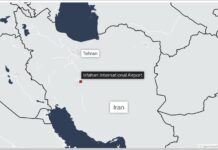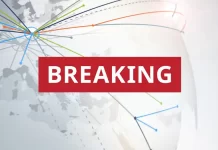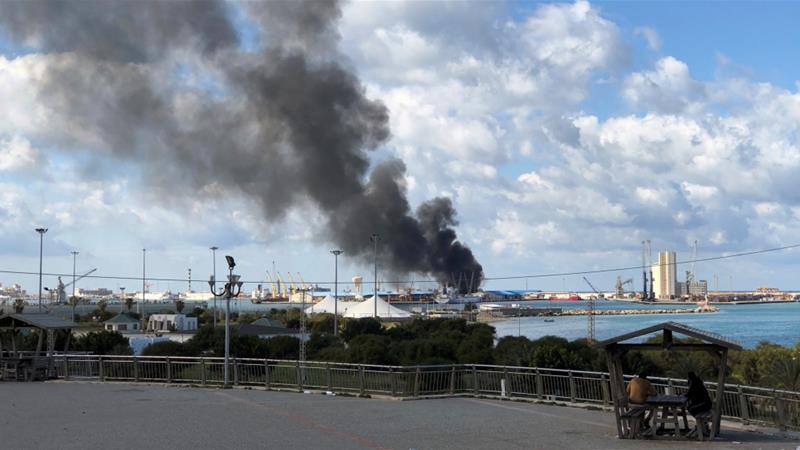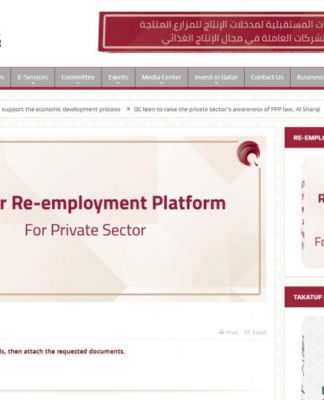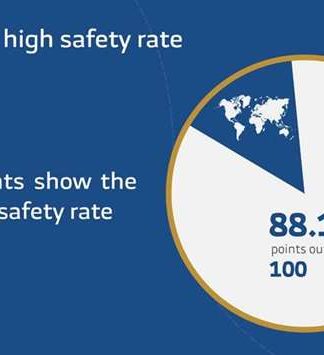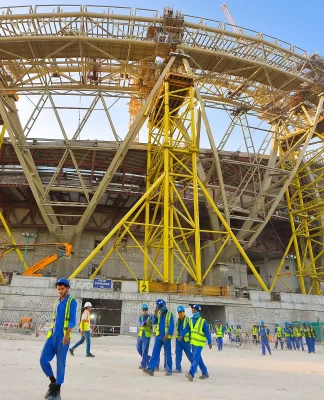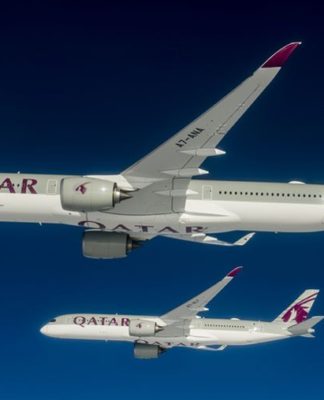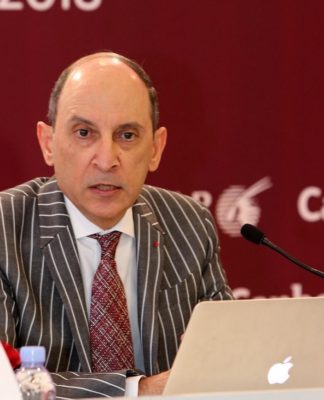Representatives from Libya‘s warring sides have suspended their participation in United Nations-sponsored peace talks aimed at bringing an end to more than 10 months of fighting.
The move came despite assurances by a spokesperson for the world governing body that negotiations would still go ahead.
Ahmaida Erouhma, who leads the eastern side’s Geneva committee, said on Monday his faction’s refusal to take part in the negotiations is due to the UN’s approval of only eight of 13 names his side put forward for the delegation.
More:
Later, the internationally recognised Government of National Accord (GNA) in Tripoli said it would not take part in the negotiations until progress was made on military negotiations.
“It is in light of conclusions [from military discussions] that the high council would decide to take part or not in political dialogue,” the Tripoli government’s high state council said.
The development came just hours after the UN Libya mission said in a statement that senior military figures from both sides agreed to submit a draft ceasefire agreement to their leaderships before meeting again next month.
The UN had planned to bring together legislators from both sides of Libya’s conflict on Wednesday to end the fighting over Tripoli as part of a dialogue that encompasses military, political and economic strands.
A spokesman for the UN Support Mission in Libya (UNSMIL) said on Monday that the political dialogue would still take place.
“The Libyan political dialogue will go ahead as previously scheduled, on 26 February,” Jean El Alam told reporters.
“Many participants have already arrived in Geneva and we hope all invited participants follow suit,” he said.
Khaled el-Mechri, a member of the GNA-affiliated High State Council, said authorities in Tripoli would not be bound by the outcome of political talks if they went ahead “before knowing the military dialogue’s conclusions”.
Separately, GNA Prime Minister Fayez al-Serraj slammed renegade military commander Khalifa Haftar, who heads the self-styled Libyan National Army, as a “war criminal” and demanded that he withdraw his forces threatening the capital.
“The entire world has been able to see the escalation in hostilities and attacks against the capital Tripoli since April 4, 2019,” GNA Prime Minister Fayez al-Serraj told the UN Human Rights Council in Geneva on Monday.
“We have repeatedly asked that commissions of inquiry be established to investigate the violations, the forced displacements, the arbitrary detentions, the extrajudicial killings,” al-Serraj said.
‘This is inhuman’
The government, which nearly walked out of the Geneva talks last week, blamed Haftar’s forces for shelling Tripoli’s port shortly after the negotiations got under way.
Al Jazeera’s Charles Stratford, reporting from Tripoli, said the UN’s mediation efforts had failed to win the buy-in of either side.
“All evidence would suggest they have come to very little, if anything,” he said. “The UN said it handed what they described as a draft agreement to both sides.
“The UN-recognised government said it wasn’t happy at all, regretting there was nothing concrete enough for them to want to participate on Wednesday for talks scheduled in the political track.
“An hour or so later, Haftar’s side in Benghazi said they were not going to participate in those talks.”
Several rounds of talks focused on economic issues, including fairer distribution of Libya’s oil wealth, have also taken place in Egypt and Tunisia.
UN envoy Ghassan Salame, who was scheduled to meet al-Sarraj later on Monday, has said the political discussions would go ahead despite the hostilities on the ground.
But Libya’s Foreign Minister Mohammed Syala said the GNA had yet to receive an invitation to attend and that it remains to be seen whether the talks would go ahead.
Libya has been in turmoil since a 2011 NATO-backed uprising killed longtime leader Muammar Gaddafi, with rival armed factions still vying for power.
In the latest outbreak of fighting, Haftar launched an offensive on Tripoli last April. But after rapid advances, his forces stalled on the edges of the capital.
The fighting has killed more than 1,000 people and displaced some 140,000, according to the UN.
SOURCE: aljazeera.com





